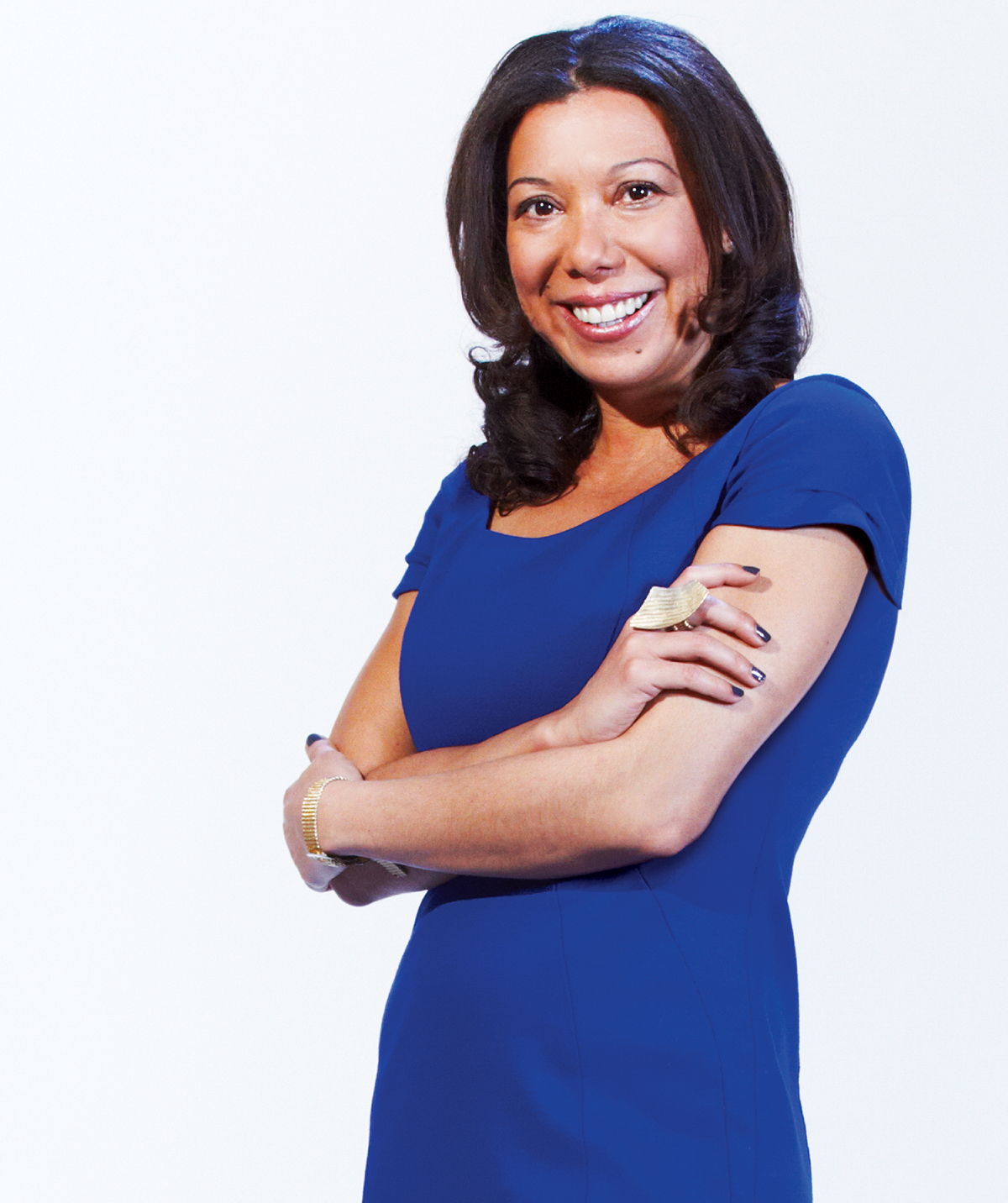The Power of Ideas: Malia Lazu

photograph by jeff brown
Culture Clash
Malia Lazu grew up in Hawaii, an ideal place to be a mixed-race kid: People of color make up 75 percent of the population there. Lazu compares the culture of her childhood to the ubiquitous Hawaiian “plate lunch,” where Korean, native Hawaiian, Portuguese, and Japanese food might share a single plate. When she arrived in Boston, she found that “everything is so much more black and white,” she says. “It’s the culture. Everything is compartmentalized.”
Bad Habits
It isn’t that Boston lacks diversity, Lazu says, noting that one in four people in the city speak a non-English language at home. It’s just that we rarely get out of our comfort zones. “People sort of stay in their communities to eat, to go to church,” Lazu says. “People aren’t going to Eastie for Latino food, they’re going for the new wine bar.” Lazu has a background as an activist and civic organizer, but a desire to change the city’s culture was the impetus behind Future Boston, a nonprofit she cofounded in 2011 with Greg Selkoe, CEO of the online streetwear retailer Karmaloop.
Mixing It Up
One of Future Boston’s missions is to bring the city together by making it more fun. That means everything from championing late-night T service and expanding liquor licenses to running a six-month accelerator program for creative startups.“Who doesn’t like to dance to each other’s songs, eat each other’s food, and see each other’s movies?” Lazu says. When Karmaloop filed for bankruptcy in March, the future of Future Boston looked dire. But Lazu got the project back on its feet with an injection of funds from the Barr Foundation and Boston Foundation. Now she’s in new offices in Dudley Square. Can Boston’s race issues really be healed by a series of parties? Maybe, Lazu says with a laugh. “Being naïve is really important to do this work.”
THE STATS
53
Percentage of Bostonians who are non-white
4th most
segregated city for Hispanics
5th most
segregated city for Asians
11th most
segregated city for African-Americans

